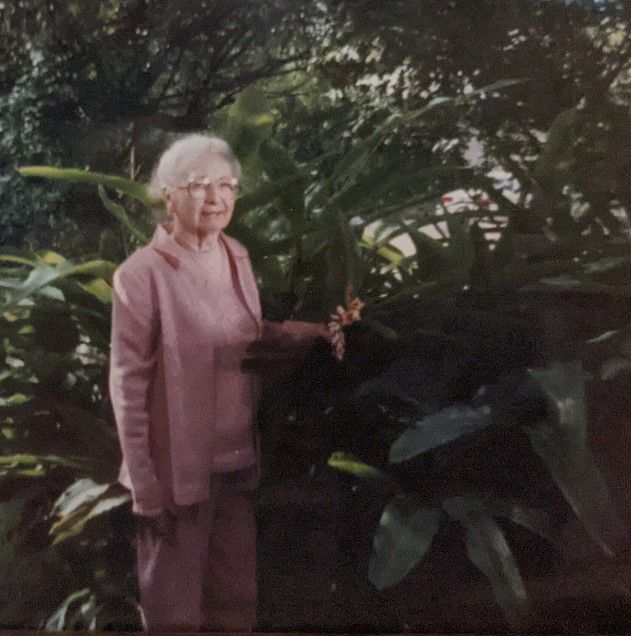San Francisco Fog

From the Second Verse collection:
I worked as a temp in a building that overlooked Alcatraz Island in one direction and, in the other, a tall building with the name Empress of China on the rooftop in the financial district of San Francisco. I wrote this poem at the end of my work with the financial firm about my temporary hold on the view.
It turns out this rooftop garden restaurant also had a temporary view of the view of the scene. It closed in 2014 but re-opened as Empress by Boon in 2021.
San Francisco Fog
She came today,
wrapping herself around
the Empress of China,
walling from view Coit Tower
and Alcatraz.
She wove her threads about the
hooded sisters who grace
the Kearny Street Building
like a halo,
pressing the black and shiny panes
with the weight of her airy sadness.
This fog, this San Francisco fog.

The noonday sun
burns through her hold of land.
The bay, more volatile
allows her still a place.
At two, that blue and moody face,
it too, comes free, azure
once more against
the steepled church façade.
A red boat pushes
toward the open waterway,
there between the twin cathedral peaks
like Charon’s sacred passage home.
We watch this view.
This view too brief to hold.

